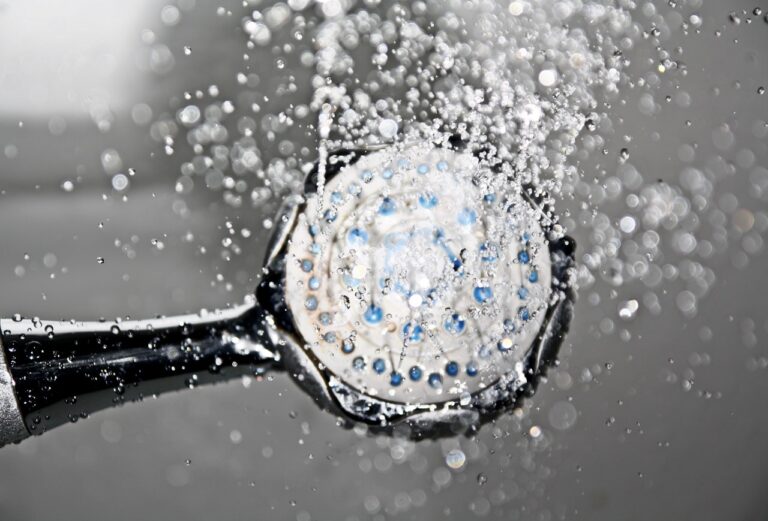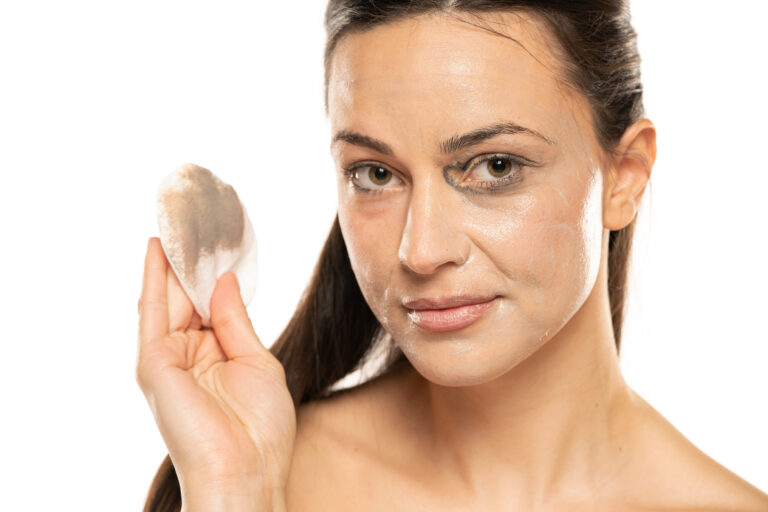Deep Dive: Is Sugar Good For Your Skin?
Answering “Is Sugar Good For Your Skin”, is messy – at best.
And I apologize for it.
You see, in order for me to help you understand how sugar affects your skin care, I need to first give you a crash-course, so to speak. I plan to cover glycation and collagen production in the coming weeks, but in order for you to follow along and be critical about the information you’re presented with, you need a factual foundation.
It’s not fair for me to sit on this side of the computer screen and tell you that sugar is bad for your skin without explaining how I got there.
So, Without Further Ado
Over 40 years ago, a British scientist named John Yudkin (founding Professor of Queen Elizabeth College’s Department of Nutrition) tried to warn us about sugar. It cost him his reputation – leading nutritionists around the world ridiculed his views, which ran contrary to those popular at the time. His career would never fully recover, but were he alive today, he’d feel positively vindicated.
In his book Pure, White, and Deadly: The Problem of Sugar, Yudkin asserted that sugar (sucrose, a combination of glucose and fructose) was a major contributing factor to many dangerous conditions; not the least of which were obesity, diabetes, and heart disease. According to Yudkin,
“If only a small fraction of what we know about the effects of sugar were to be revealed in relation to any other material used as a food additive, that material would promptly be banned.”
The renowned professor was a man ahead of his time, it seems, as today you’d struggle to find a medical professional who disagrees with his position (though perhaps some might not put it in such strong terms). These days it’s common knowledge that sugar, in excess, isn’t especially good for you.
But why?

We’ve evolved to crave sugar because like fat and salt, it doesn’t naturally occur in high amounts or concentrations (with the exception being salt deposits), and we need to intake certain levels of all three to keep our bodies functioning properly. Our ancestors’ cravings were a survival mechanism. The modern diet makes all three available easily and abundance, and today, over-consumption of sugar has been linked to a variety of metabolic dysfunctions and chronic-disease risks.1
How much is too much?
Experts’ recommendations are fairly consistent throughout the world: no more than 25 and 38 grams of added sugar per day for women and men, respectively. 2 That’s just a few teaspoons; more than this can lead directly to health complications. Unfortunately, many – maybe most – of us consume much, much more.
A single can of soda (or “pop”, if you prefer) can far exceed experts’ recommendations for daily sugar allowance. Just one.
Those actively seeking to limit their sugar consumption often find it extremely difficult to do. Since sugar causes cravings (having some leaves us wanting more – sugar is now considered an addictive drug, like alcohol, by many authorities worldwide 13), it’s common to chalk this up to personal control issues.
While that may be true in some cases, more often it’s due to the sugar hidden all over our food supply.
Sugar is everywhere. Why?
According to SugarScience.org, sugar’s covertly included in 74% of packaged foods. If it were as simple as label-checking, it’d be easy to avoid. But the industry uses over 60 different names (you’ve probably heard some of them before – glucose-fructose, high-fructose corn syrup, dextrose, maltose… and so on). This serves to hide a food’s real sugar content; it’s even sometimes listed under separate categories on standard ‘Nutrition Facts’ labels. This can be literally dangerous for people who must limit sugar intake for health reasons.
Why obfuscate important health/nutrition information? It depends who you ask.
Some might say that certain foods are naturally high in (complex) sugars, even if they don’t taste ‘sweet’. Companies use different terms for added (“simple”/processed) sugars to reduce negative perception in the marketplace.
Others claim that since sugar is an important and lucrative industry in many countries around the world, the 63 billion-dollar industry4 uses its strong political influence and deep pockets to ‘encourage’ manufacturers to deceive consumers, so more sugar gets purchased and consumed even in these health-conscious times.
If the latter is true – and it may well be – it’s working like a charm. Global demand for sugar is forecasted to outpace production (yet again) over the next two years4.
This is a major problem. Actually, a series of them.
Excess sugar affects both body and mind in wide-reaching ways. The links between sugar and obesity, diabetes, high blood pressure, and heart disease are well known, as is the danger of lost bone density (even porosity). Other effects? Dental caries (cavities), and an overloaded, damaged liver. Sugar and ethanol are both hepatoxins, and metabolized in the same way: directly into fat. 15
Sugar also causes Classic Metabolic Syndrome, paving the way for and raising your risk of a wide range of serious, even life-threatening, disorders. This is also well known and established.
Sugar – a stressing, depressing stimulant?
It’s effects on our mind’s are somewhat less frequently-discussed, but no less alarming. Since our sugar consumption encourages production of insulin-resistant fat cells which trigger the type of inflammation that’s directly associated with depression, some psychologists are now treating depression using anti-diabetic drugs 16 . Other researchers are suggesting calling “depression” “Metabolic Syndrome Type 2”.
It can be said, then, that sugar consumption triggers unhappiness/depression7 and also makes a quick (but temporary and damaging) fix easily available… more sugar.
During the digestive process, refined sugars consume B vitamins: vitamins we need to help regulate our moods and stay happy. It can be a vicious cycle of what some people call “stress eating”. Sugar causes physical and mental stress on the body and since it also temporarily calms the brain, reducing perceived stress (a mechanism we probably evolved to remove the fear of starving to death) and seeming to solve the very problem it caused in the first place.
It can be said, then, that sugar consumption triggers unhappiness/depression7 and also makes a quick (but temporary and damaging) fix easily available… more sugar. This clearly illustrates one of sugar’s addictive properties: creating emotional highs and lows much like chemical stimulants or depressants do in drug addicts.
It doesn’t stop there, either: evidence is strong and growing that a high-sugar diet directly impairs normal brain function – cognition, learning, and memory8 .
I thought this was a skin care blog…
You’re right, it is.
And with all the other physical and mental negatives of high sugar intake, you won’t be surprised to hear it can do a number on your skin as well.
We already mentioned inflammation, which is associated with a wide range of modern diseases and conditions. It’s part of the body’s immune system, and normally helps with healing by increasing blood flow, drawing more white cells to an injured or infected region.
But when unnecessary, sugar-triggered inflammation occurs (throughout your entire body!) in your skin, it can actually impair the renewal process and leave you with saggy, wrinkly skin that looks older than it should. This is because inflammation produces enzymes that damage elastin and collagen – the proteins that provide your skin’s structure and stretch.
What’s more, new research9 shows that “glycation” – the process by which digested sugar bonds permanently to your skin’s collagen, forming an Advanced Glycation End-product, (AGE) – plays a significant role in exacerbating signs of premature skin aging.
Stress, whether physical or psychological, can aggravate many skin conditions and even cause rashes, breakouts, and hives. When you experience stress, your body goes into overdrive, releasing hormones that cause your skin to produce more sebum than normal10. This can clog pores and trap bacteria, making your skin more prone to inflammation and infections.
The point is: for healthier mind, body, and skin:
Avoid processed sugar to minimize glycation, stress, and inflammation to keep your body in good shape.
Next week, we’ll look into the specifics of glycation, collagen production, and how understanding these processes (as well as the Glycemic Index) can help reduce and even reverse wrinkles and other signs of skin aging.
Let us know in the comments!







